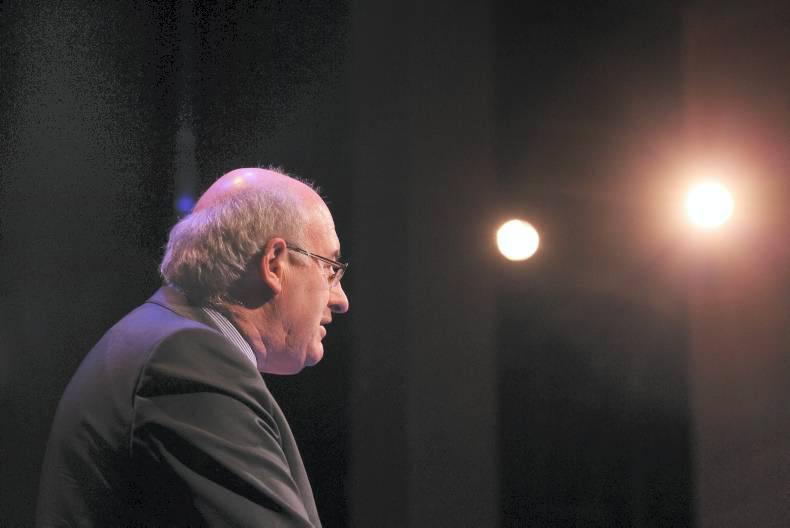In two letters to Hogan ahead of the meeting, Lithuania’s Baltraitiene called for a €32m dairy aid package and support for the country’s pork producers, both of which have been hit by the combined effect of the Russian ban, restrictions due to African Swine Fever and lower prices. In the letters, Baltraitiene noted that dairy prices in Baltic countries are 25% below the EU average.
Lithuania was the first country to sell its dairy products into intervention this year, with the country accounting for 1,974t out of the almost 6,000t taken off the market in the EU in 2015.
Latvia’s meeting with the Commissioner focused only on the dairy sector, and the Commissioner’s account tweeted afterwards that the meeting had been “useful”:
Useful meeting with Latvia PM @Straujuma today for update on difficult dairy mkt situation as preparation for Sept 7 Council @Eu_Agri
— Phil Hogan (@PhilHoganEU) August 24, 2015The two separate meetings with Hogan mark the start of a busy period of preparation ahead of the extraordinary EU Agriculture Ministers meeting in Brussels on 7 September. Speaking ahead of the two meetings on Monday, Hogan said he understood the difficulties faced by the Baltic countries in the wake of the Russian ban, particularly those faced by dairy farmers. Before the ban, Russia accounted for around 60% of Baltic countries’ dairy exports.
Hogan referenced the support worth over €28.6mn given to dairy producers in Baltic countries in November 2014 and said that having listened to their current difficulties, he will be in a position to respond to them and the other member states in the EU at the extraordinary meeting on 7 September.
Also speaking ahead of Monday's meeting, Latvian Prime Minister Laimdota Straujuma said that since the Russian ban, Latvian dairy products exports decreased by 40% and Latvian dairy farmers' income decreased by 28%. She said she felt Commissioner Hogan understands the difficult situation for farmers in the dairy sector in Latvia and the EU and was hopeful about discussing possibilities to help dairy farmers with him.
On Thursday 27 August it will be the turn of Minister for Agriculture Simon Coveney to meet with the Commissioner. Speaking on RTÉ last Friday, Coveney said he will be asking the Commissioner to consider an increase in the intervention price to the equivalent of at least 25c/l.
Export refunds, where dairy product is sold cheaply on the market and the EU makes up the difference, will also be up for discussion but Coveney added this is the least likely of all the options to be implemented.
Read more
Up to 2,000 farmers to attend Brussels protest
Average EU milk price no longer falling, latest figures show






 This is a subscriber-only article
This is a subscriber-only article






SHARING OPTIONS: